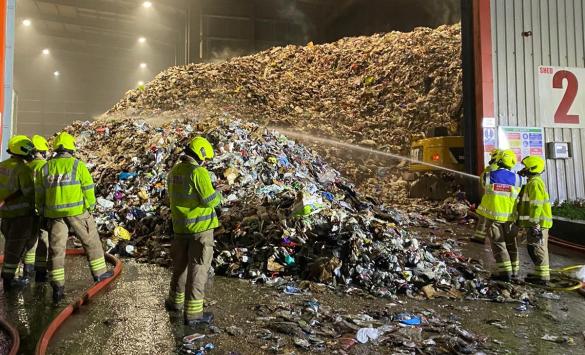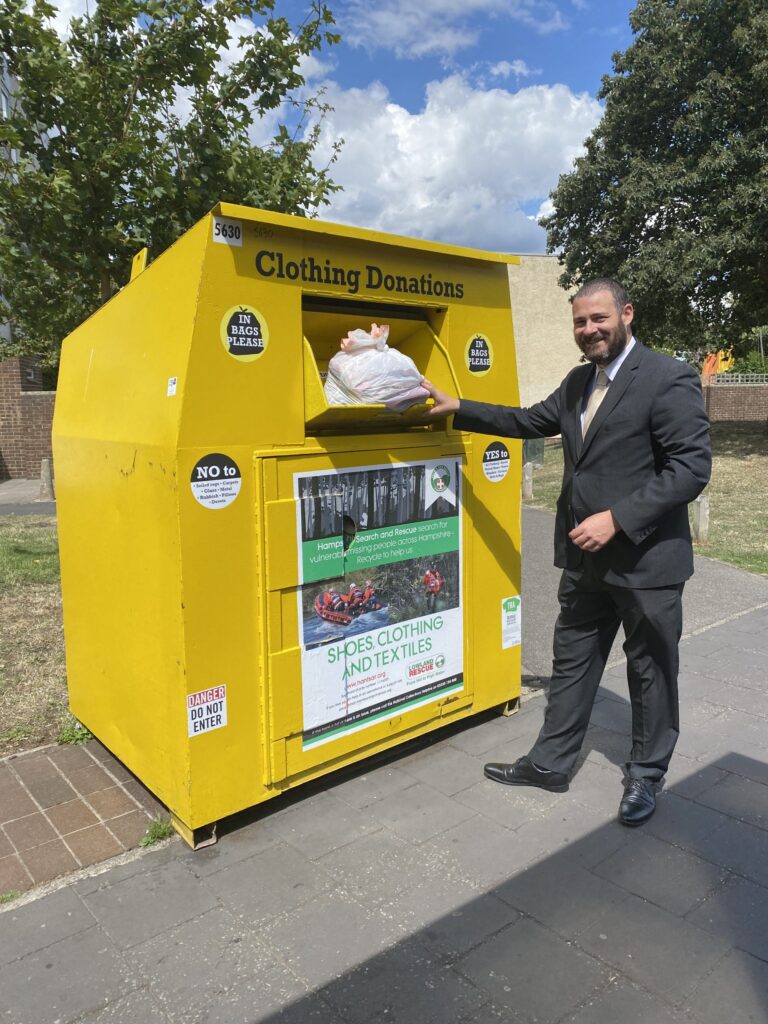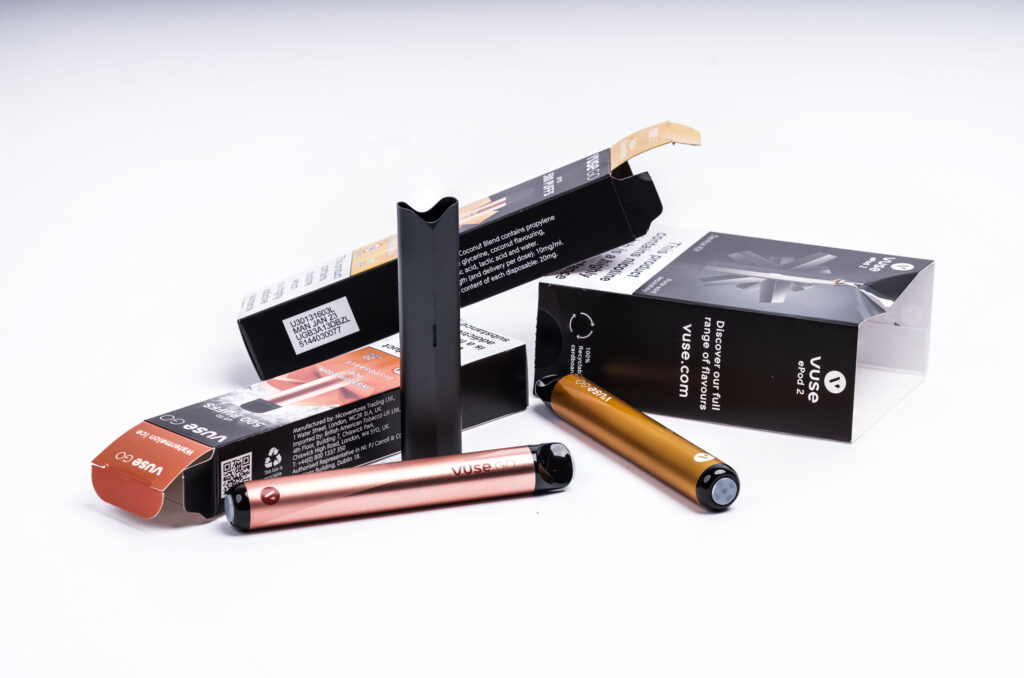President of the Textiles Division of BIR, Klaus Lwer, of Hans Lwer Recycling GmbH, Germany, told delegates meeting during the Autumn Convention of the world recycling federation in Dsseldorf earlier this month that this dramatic change had occurred only in recent weeks. It followed a considerable increase in demand for used clothing from countries in East Europe and Africa. However, he wondered whether this mini-boom would last beyond the end of the year.
As a result of a sudden shortage, prices of collected material were rising at a time when other costs borne by sorters were increasing steeply. If all these additional costs could not be passed on to customers, said Mr Lwer, the improvement in the market would have contributed very little to overcoming the crisis in the textiles sector.
Among the remaining problems was that of unfair competition from companies which appeared to be independent but were in reality arms of state authorities. Overshadowing all was the waste/non-waste issue, where “too little is changing, if anything at all”.
Higher buying prices – and higher costs
Leading a review of national markets, Hans Brak, representing the Dutch Textile Recycling Association, said that demand for original material had risen strongly, and there was hardly an excess supply, especially where higher qualities were concerned. Buying prices had increased, and sorters were facing higher operating costs – especially for transport. It was most important that the market maintained a balance so that additional difficulties were not created.
Division Vice President Serge Sztarkman of Hersand SA, France, observed that while prices of original material had risen considerably, it was very difficult for sorters to pass these on to customers. Producers of wiping cloths were turning increasingly to mechanisation and output was exceeding demand to the extent that prices were crumbling.
Tunisia was among a number of countries where textile recycling companies were mushrooming, said Mr Sztarkman. This could give the impression that the raw material was worth its weight in gold, but no one should give way to this illusion.
Prices had risen slightly in Austria, said Thomas Gaiger of Oepula Rohstoff Recycling GmbH, but were hardly soaring. Well-sorted high quality used clothing was in good demand from African states, and European exporters had benefited from the high value of the dollar which was inhibiting overseas sales by the United States. Although the trading climate was better than a year before, it would continue to flooding in the United Kingdom was not conducive to increased collection, commented Honorary President
Benson Greenberg of Sam Greenberg Ltd. Supplies of original material were extremely short, and even though there was no economic justification, prices were being driven upward.
The strength of sterling and the weakness of the euro had made UK exports expensive, said Mr Greenberg. But the US dollar was stronger than sterling, and British exporters of second-hand clothing had full order books. Demand for wiping cloths seemed to be increasing, and while prices of some lower qualities were hardening, those at the top end of the market were still too low.
The sterling exchange rate had attracted imports of cheap cut and prepared wipers. Low-cost imports had not helped the market for filling materials where prices had been extremely low.
The Indian market seemed to be showing signs of improvement, he told delegates, although buyers were qualit











Subscribe for free